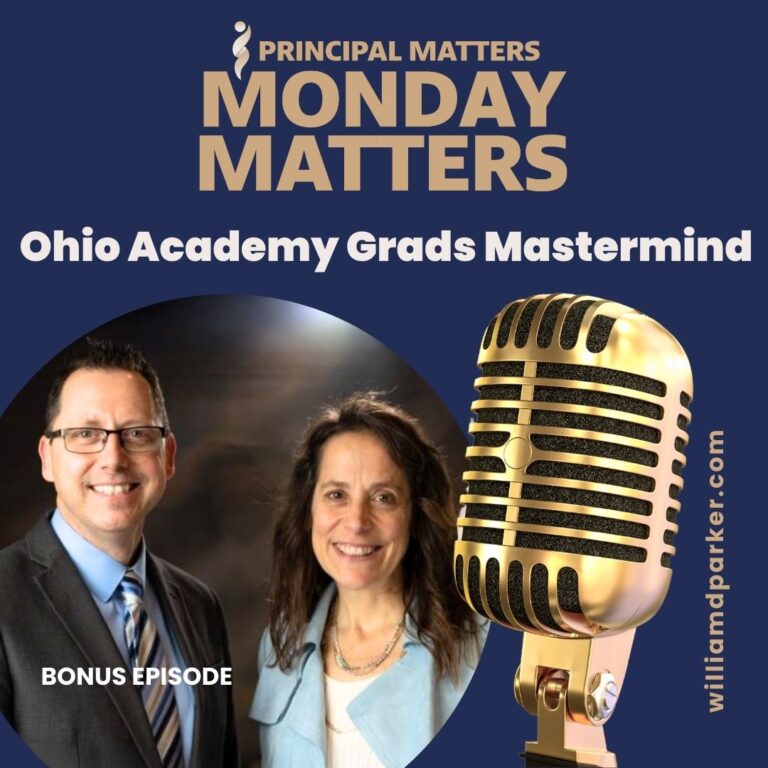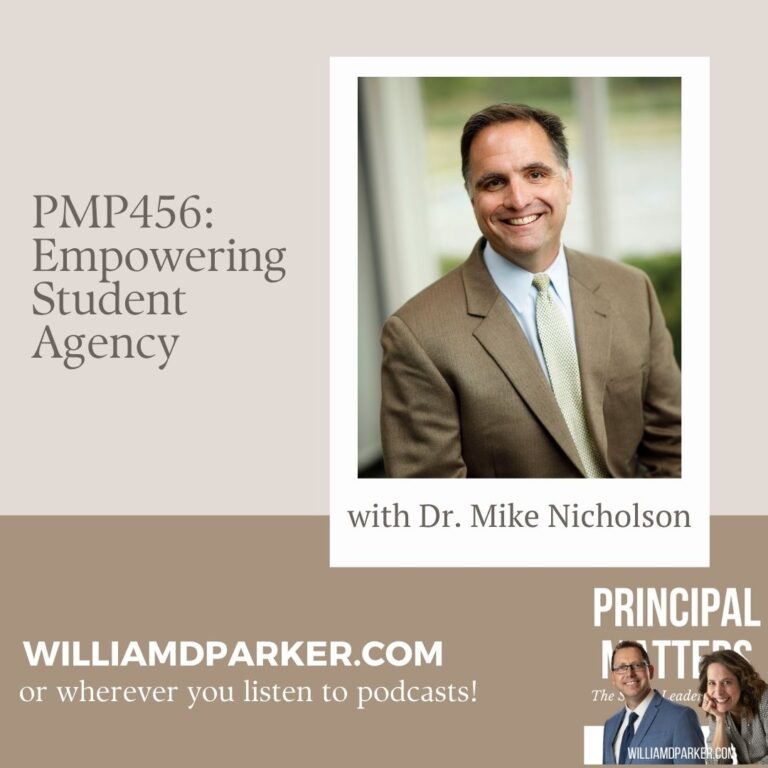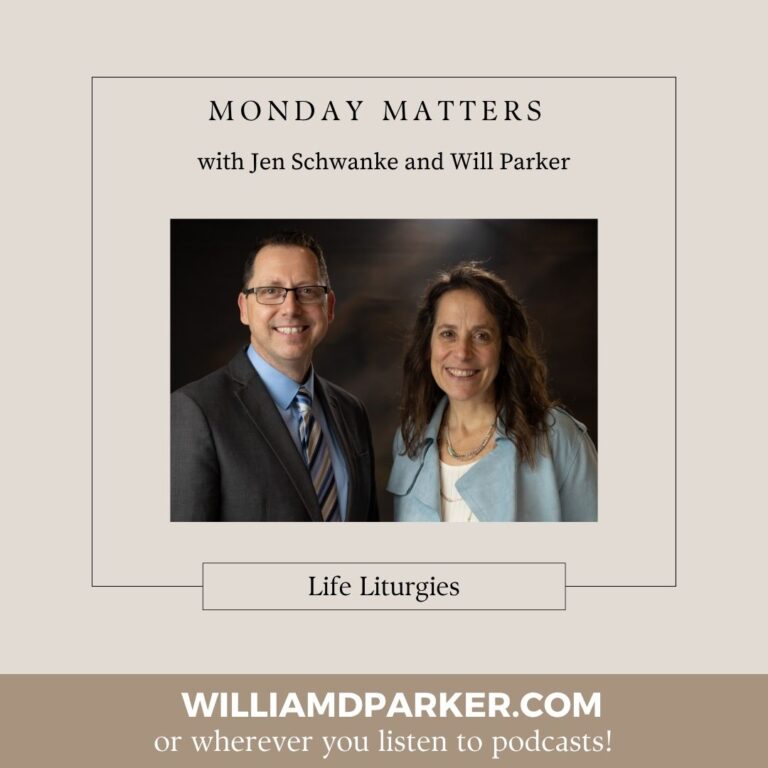The following is a Q & A between Justin Baeder and me.
A few months ago, I was introduced to Justin first via a Twitter exchange. Soon afterwards, I discovered his free 21-Day Instructional Leadership Challenge.
Although I was not disciplined enough to do the 21-Days, I was super impressed with the instruction, content, quality and value Justin is offering to school leaders.
When he agreed to a Q & A for Principal Matters, I was thrilled. My goal in posting interviews with successful leaders like Justin is to inspire us to reflect on how our own choices, goals, and actions can affect our lives, our leadership, and our teams.
After being inspired by Justin, be sure to check out other great guests who have shared interviews with Principal Matters.
Meet Justin Baeder
WDP: Thanks so much for sharing with us. First, we want to get to know you. Please tell us who you are, your background, and what led you into educational leadership.
Justin: I’m Justin Baeder, and I currently work as a full-time consultant focused on high-performance instructional leadership through The Principal Center, which I started to promote “the best in professional practice for school leaders.” Before making the transition to full-time consulting in 2012, I spent 10 years with Seattle Public Schools as a principal and teacher.
I started on the path to school leadership in high school, when I TA’d for my school’s athletic director. I didn’t realize it at the time, but what I learned from working with Coach Glenn (who is now the Head of School) would ultimately turn into a lifelong passion for leadership and improvement.
Coach Glenn gave me books like Stephen Covey’s 7 Habits and got me started using a Franklin planner, and thinking about what it meant to make an impact. I didn’t start my teaching career with ambitions of becoming an administrator, but I started moving in that direction as I took on more responsibility as a classroom teacher.
WDP: As an educational leader, what would you consider your biggest wins so far?
Justin: I would consider my most important contributions as a principal to be those that no one remembers—or at least, that they don’t attribute to me. Good hiring, changes to key drivers of collaboration like the schedule and PLC expectations, teamwork that had great outcomes—I think some of our most important work as leaders could never be turned into a movie, but it’s important.
Today, the greatest honor I have is working with fantastic school leaders, every day, to raise the bar on instructional leadership. The principals I work with are truly inspiring leaders, and it’s a privilege to get to be a part of their continued growth.
WDP: No one leads well without also experiencing failure along the way. Can you describe a failure you have faced and how you overcame it?
Justin: I remember taking a vote on whether to move forward with a long-in-the-works curriculum adoption. Everyone was on board, and everyone was ready, but when it came time to vote, fear set in.
I didn’t anticipate that people would vote “no” out of fear that their colleagues weren’t ready, but they did, and it threw me for a loop. Eventually, we adopted the curriculum, but not until after I’d learned that shared decision-making doesn’t necessarily mean “majority rules.”
WDP: What is something that is really working for you or your team right now, and what lessons have you learned from this?
Justin: I’m learning to be detailed, specific, and realistic with my plans. I’m a big-picture, strike-while-the-iron-is-hot thinker, and I often overestimate what I can get done. Our PD work is very high-tech, and we have a lot of online systems that need to be configured for every new workshop or program (like the 21-Day Instructional Leadership Challenge).
This often leaves my team without enough to do, because they’re waiting on me, and I’m learning that if I think ahead a bit more, I can set up my team for greater success and not try to do everything myself.
This means I’m investing more time in teaching my team to do what I should no longer be spending my time on. I’ll spend 40 minutes on training instead of 20 minutes doing something myself, because I know it’s going to come up again. Those are hard calls to make when time is tight, but it’s the best approach long-term.
I have to give the app ToDoist some credit for pushing me to think about projects in the right way. If you don’t have a good task manager, try ToDoist, and be vigilant about creating a new project any time you have something to do that’s more than one step. Map out those steps, and you can’t help but think more realistically.
WDP: That was some great feedback. Strong leaders are constantly learning. What is a great book or resource that has helped you grow and that you would recommend to others?
Justin: I’ve been reading a ton of books on cognitive and social psychology lately, and while most authors don’t focus on leadership, it’s incredible to see how applicable their work is for school administrators.
I enjoyed Charles Duhigg’s The Power of Habit and Roy Baumeister’s Willpower, and I’m reading more about decision-making as fast as I can. Any time a book catches fire in education, like Carol Dweck’s Mindset, I like to see who the author is reading and dig a little deeper.
WDP: What advice do you have for leaders who struggle to balance work/life demands?
Justin: Binge. Seriously. There’s usually no way to balance, and if you want to achieve great things at work, and fully enjoy time with your family, binge on each whenever you get the chance.
And binge on learning. If you have a week for Spring Break or a couple of weeks in the summer, go crazy and learn all you can, because your work is going to demand your full attention once school resumes.
But also set boundaries, because work expands to fill the time we set aside for it. If your family needs you to leave work at 5, hold yourself to it. If you need to work from 9 to 10:30pm after the kids are in bed, don’t feel guilty. CSI: Omaha or whatever won’t miss you.
WDP: You’ve given us some great takeaways. Offer one parting word of advice for the rest of us, and then tell us how we can connect with you.
Justin: Whenever you get bored, ask the meta-question: How could this be done better? Am I solving a problem that’s already been solved, or that shouldn’t reach me in the first place? How can I solve that?
I think the systems mindset is one of the greatest assets school leaders can develop, and our dissatisfaction with the work we’re doing is a good indication that it’s time to apply it.
You can get my new articles on high-performance instructional leadership at http://www.eduleadership.org, and follow me on Twitter @eduleadership.
Now It’s Your Turn
Justin has given some great feedback on the importance of organization, self-improvement, and investing time now to enjoy the benefits later. What is one strategy you are using now to work smarter?
Subscribe For Free Updates
Want to read more insights on school leadership? Subscribe to receive my weekly posts from WilliamDParker.com? Visit here for information on how you can sign up and receive weekly updates!


